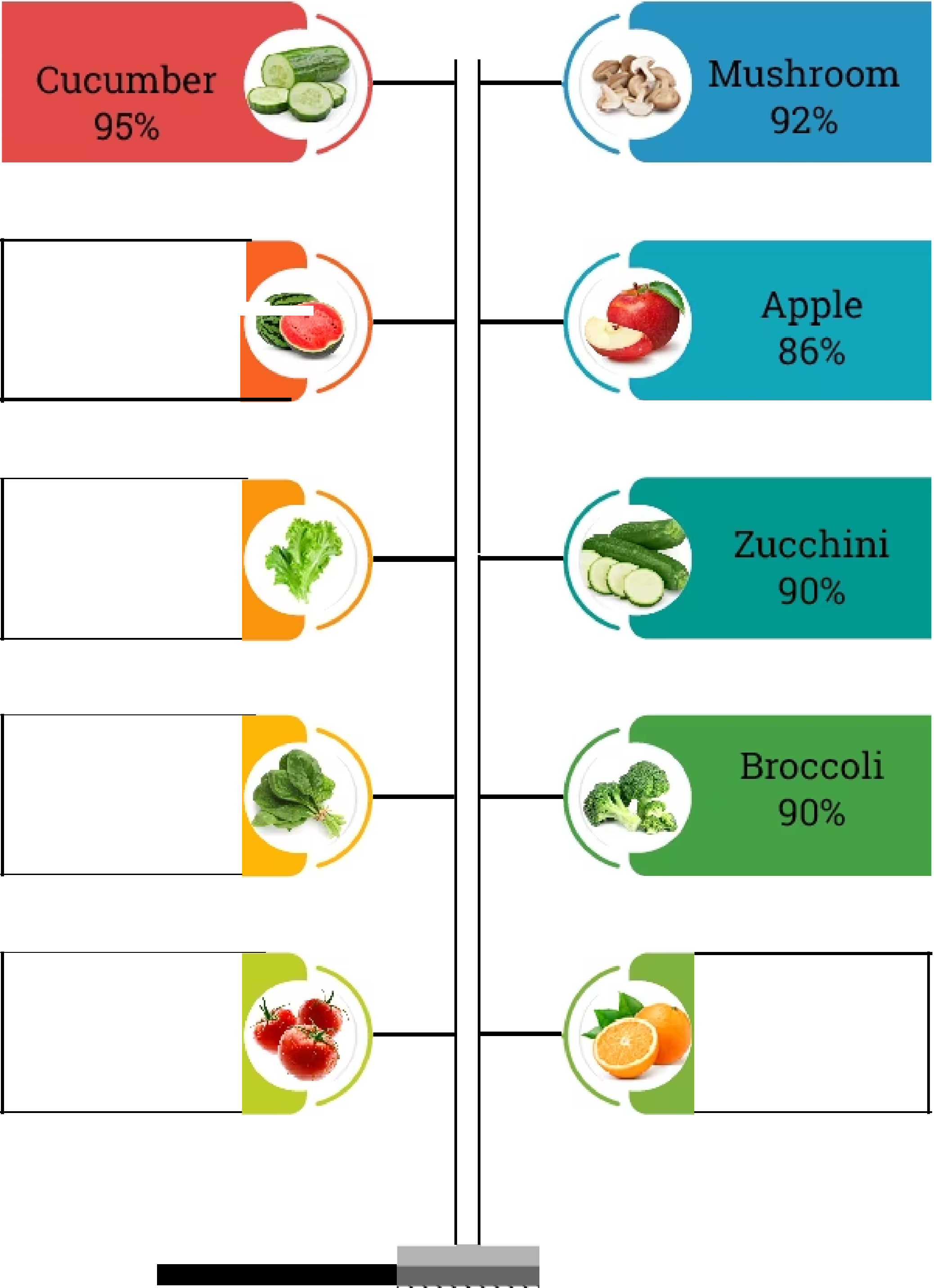A nurse is teaching the family of a school-age child who is obese about complications of childhood obesity. Which of the following complications should the nurse include in the teaching?
Juvenile rheumatoid arthritis
Type 1 diabetes mellitus
Hypothyroidism
Hypertension
The Correct Answer is D
Childhood obesity is associated with an increased risk of developing various health problems, and hypertension is one of the most common complications. Excess weight and adiposity can lead to increased blood volume and systemic inflammation, which can contribute to the development of hypertension. Long-standing hypertension in childhood can increase the risk of cardiovascular disease and other health issues later in life.
The other options are incorrect:
Juvenile rheumatoid arthritis is an autoimmune condition characterized by joint inflammation in children. While obesity can place additional stress on joints, it is not directly linked to the development of juvenile rheumatoid arthritis.
Type 1 diabetes mellitus is an autoimmune condition where the body's immune system mistakenly attacks and destroys insulin-producing cells in the pancreas. Obesity is not a known cause of type 1 diabetes.
Hypothyroidism is a condition where the thyroid gland does not produce enough thyroid hormone. While obesity can be associated with thyroid disorders, such as hypothyroidism, it is not a direct complication of childhood obesity.
Nursing Test Bank
Naxlex Comprehensive Predictor Exams
Related Questions
Correct Answer is D
Explanation
When educating the parent about the importance of maintaining water intake to prevent dehydration, recommending foods with high water content can be helpful. Among the options given, broccoli has the highest percentage of water content.
Here's the approximate percentage of water content in each food:
● Cheddar cheese: Cheddar cheese has a low water content, approximately 36%.
● Whole-wheat bread: Whole-wheat bread contains a moderate amount of water, usually around 35-40%.
● Almonds: Almonds have a relatively low water content, approximately 4-6%.
● Broccoli: Broccoli is a vegetable with a high water content, usually around 90-91%.
WATER-RICH FOODS

Correct Answer is A
Explanation
Folate, also known as vitamin B9, is an essential nutrient during pregnancy as it plays a crucial role in the development of the baby's neural tube. When teaching a client about increasing folate in their diet during pregnancy, it's important to recommend foods that are rich in this nutrient.
1/2 cup cooked asparagus: Asparagus is a good source of folate, and 1/2 cup of cooked asparagus contains approximately 134 micrograms of folate.
1/2 cup plain low-fat yogurt: While yogurt is a healthy food choice, it is not a significant source of folate.
1 medium apple: Apples are generally low in folate content and not considered a rich source of this nutrient.
1 small banana: Bananas are also not known for their folate content and do not provide a significant amount of this nutrient.
Given the options provided, 1/2 cup cooked asparagus is the best source of folate. It is important to note that other food sources rich in folate include dark leafy greens, legumes, fortified cereals, and citrus fruits. Encouraging a varied and balanced diet that incorporates these folate-rich foods can help ensure adequate folate intake during pregnancy.
Whether you are a student looking to ace your exams or a practicing nurse seeking to enhance your expertise , our nursing education contents will empower you with the confidence and competence to make a difference in the lives of patients and become a respected leader in the healthcare field.
Visit Naxlex, invest in your future and unlock endless possibilities with our unparalleled nursing education contents today
Report Wrong Answer on the Current Question
Do you disagree with the answer? If yes, what is your expected answer? Explain.
Kindly be descriptive with the issue you are facing.
